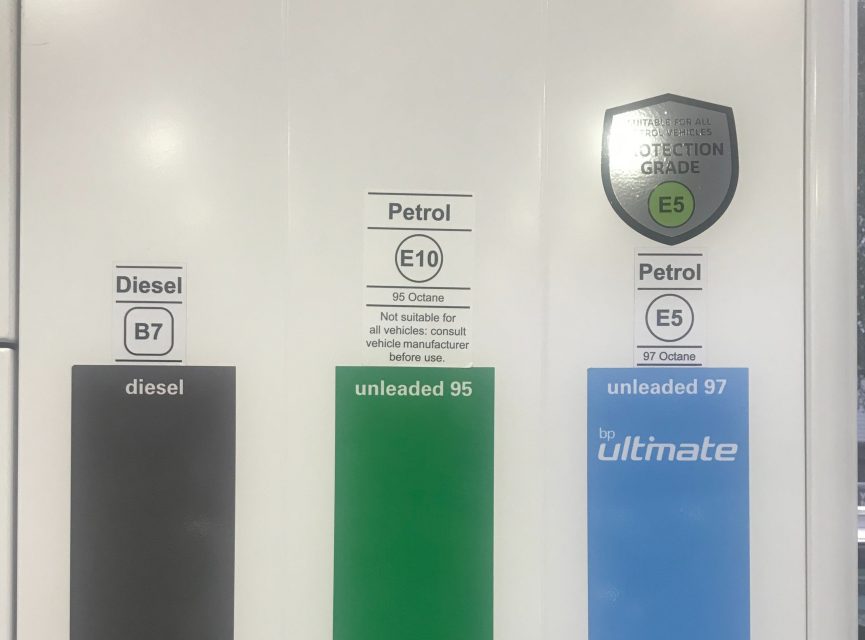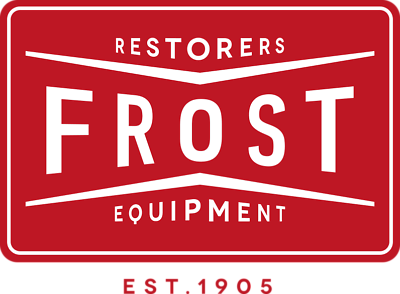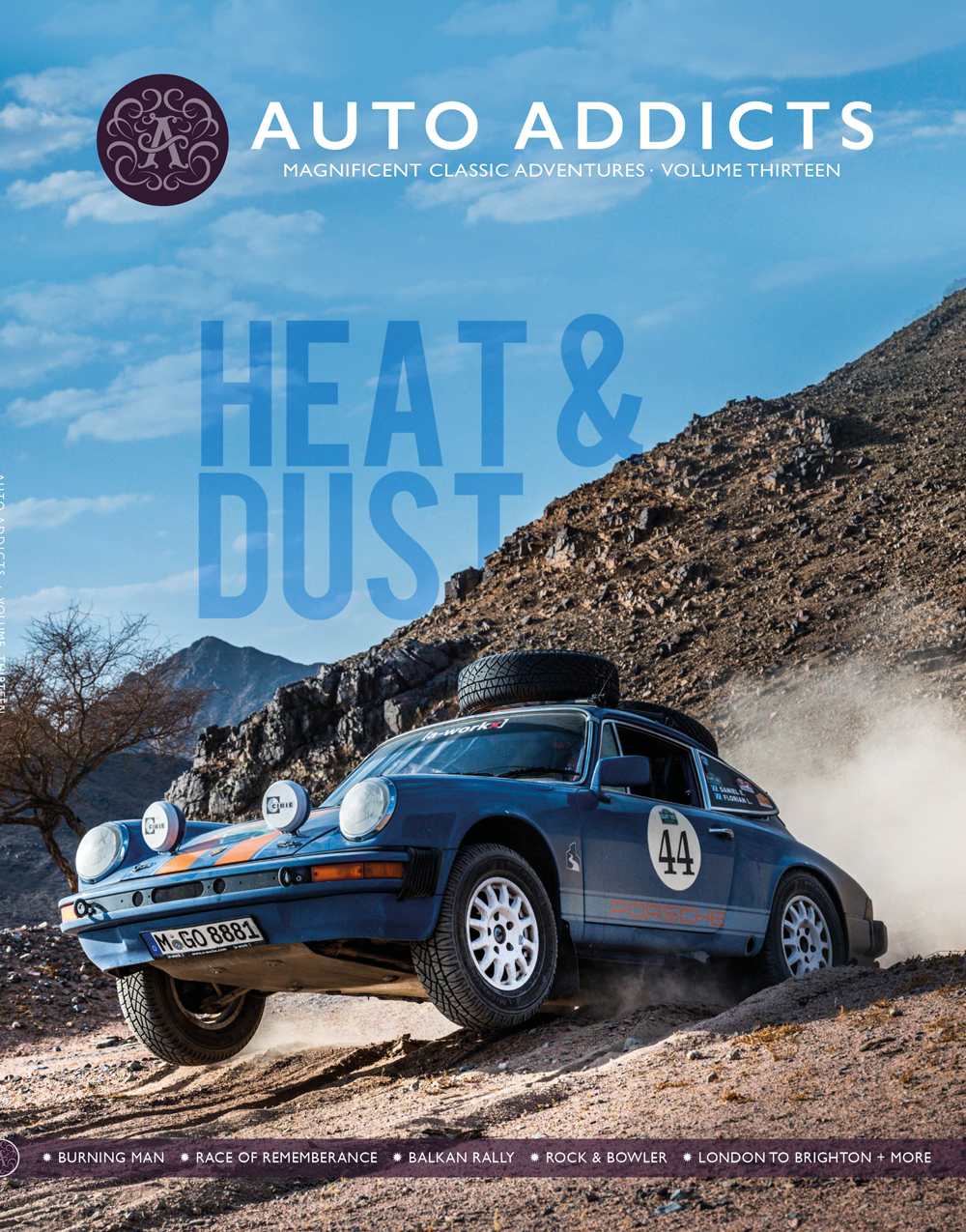Classic car owners face new issues this month, in the UK as September is here, the month where E10 petrol will be on sale in the UK. We take a look at the facts and the alternatives.

What is E10 fuel?
E10 is an automotive fuel made up of 90% regular unleaded petrol and 10% ethanol, hence the E10 name.
Why is it being changed?
The government claims that this fuel will reduce emissions a lot, the equivalent to taking 350,000 cars off the road. See gov. info
Is my car compatible?
All cars built from 2011 onwards are compatible with E10 fuel but it may slightly reduce your fuel economy (ie the number of miles you get out of a tank), but classic cars and bikes may well experience problems. Gov Car checker
However, you must proceed with caution. A recent Hagerty report suggests that all Audi, BMW and Vauxhall models regardless of their age would be compatible with the new type of unleaded petrol, when in fact they could be damaged by using it. Older Volkswagens, made before 2001 and 2002, are also listed as being safe to use with E10.
Owners of other makes, including MG, Maserati and Lamborghini, are offered no guidance other than to contact a dealer.
In some cases, the advice is simple – for Jaguars, for example, E10 can be used in cars built after 1992. Meanwhile, Citroen and DS Automobiles cars built after January 1, 2000 are safe to use the new blend, while others such as Fiat advise E10 is compatible on cars built to Euro 3 emissions standards.
For Mercedes owners, the website assures them the ‘vast majority of all Mercedes-Benz vehicles with petrol engines’ are compatible with E10, apart from W203 and C209 cars using the first-generation direct injection engines, models ‘not equipped with three-way catalysts’, and cars ‘retrofitted with three-way catalysts or produced with a carburettor’.
What will happen if I use it older classic cars and bikes?
The higher ethanol content can damage seals, plastics and metals in a classic car’s fuel system as the new fuel has a corrosive effect over longer periods. This could also lead to problems with fuel leaks and blocked carburettors as rubber fuel lines deteriorate.
E10 fuel also absorbs water from the atmosphere more readily, which could lead to problems with rust forming in the fuel tank, lines and carbs if the car is left standing for prolonged periods.
What are the alternatives?
Super unleaded petrol will remain widely available and has the lower E5 rating, so it is safe to use in classic cars. Shell – V-Power Has just 5 % Ethonal and so does BT Ultimate 97.
Esso Synergy Supreme+ 99 – Contains NO Ethanal – Except apparently in Devon / Cornwall & Teeside.
What about racing and cars which need high octane fuels?
For racing and specialist vehicles you can collect 101 Octane, Enthanal free 250l drums or get them delivered by Sunoco or Careless Hiperflow
What about other petrol devices?
For Lawnmowers and Petrol devices think about using Aspen, which is 100% Ethanol free, it’s cleaner and greener and the fuel doesn’t go off or experience a drop in Octane levels: AspenAlkylate
These are fairly expensive alternatives, so if you have a few classic bikes you don’t want to be affected and are only using a small amount of fuel, it is possible to take the Ethonal out of pump fuel by adding water. There are lots of videos on you tube explaining this in detail:


